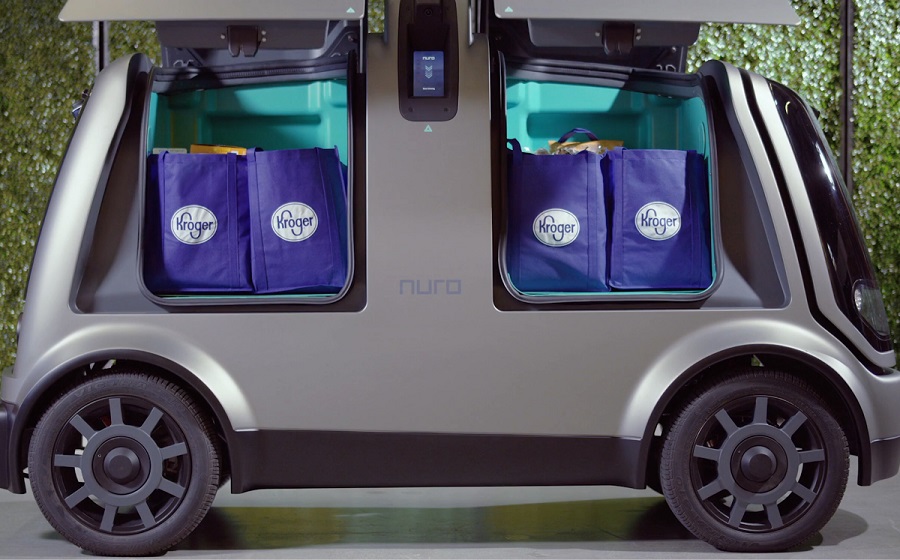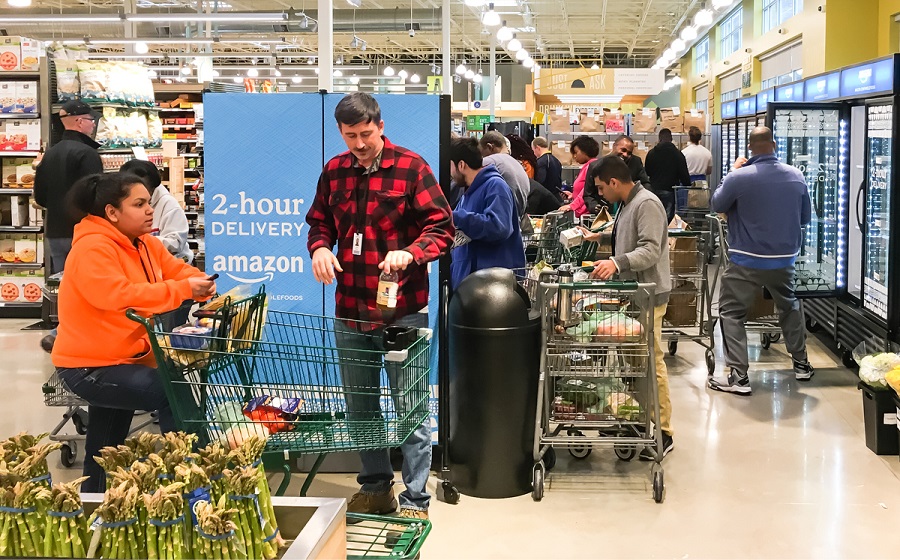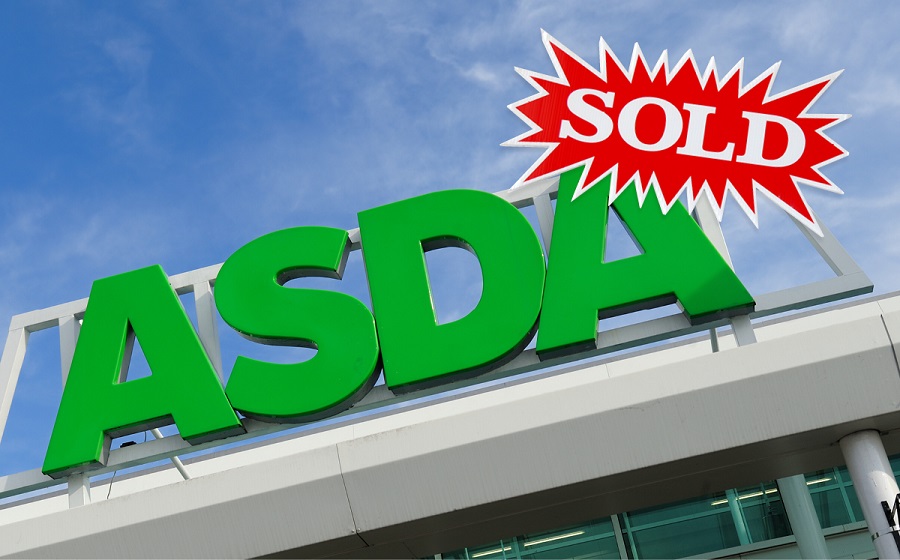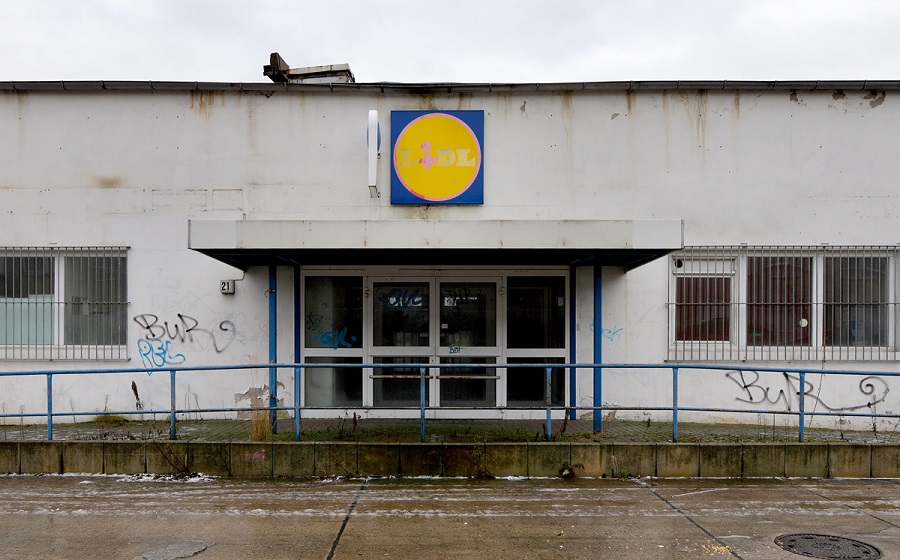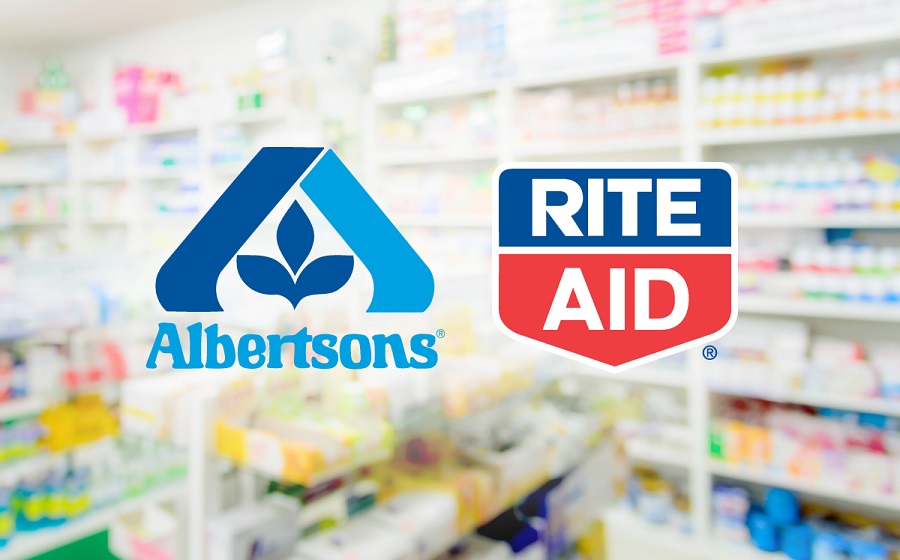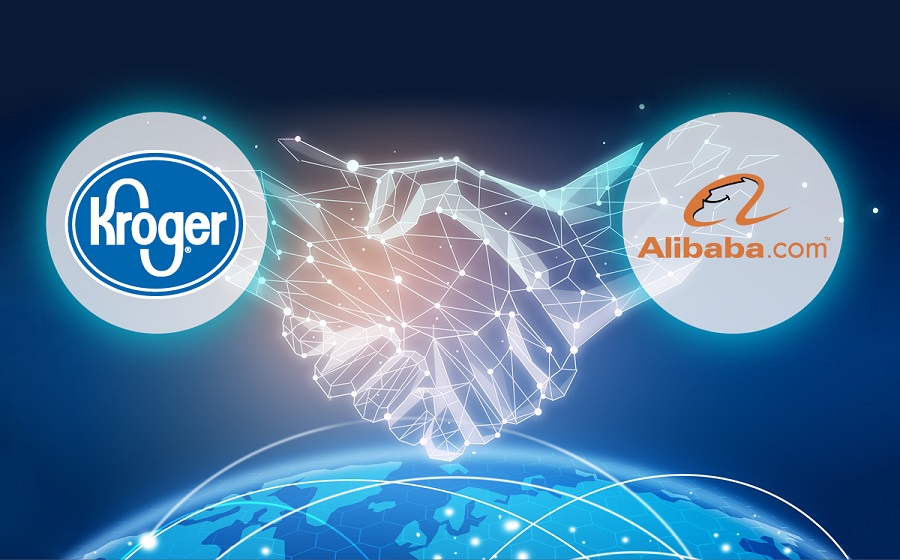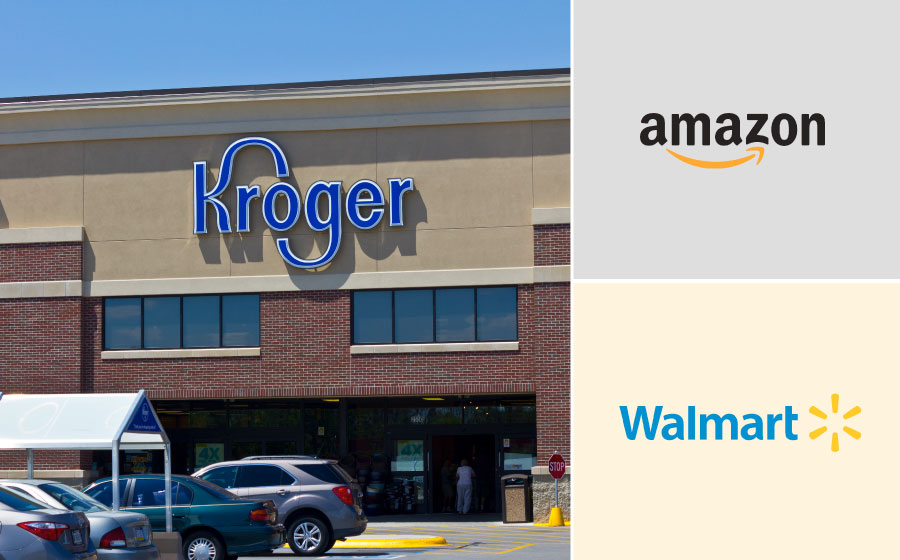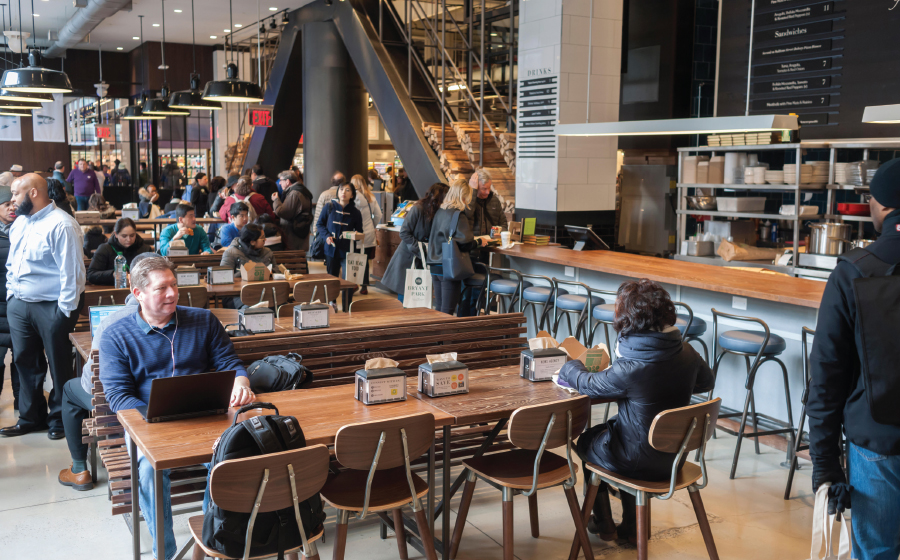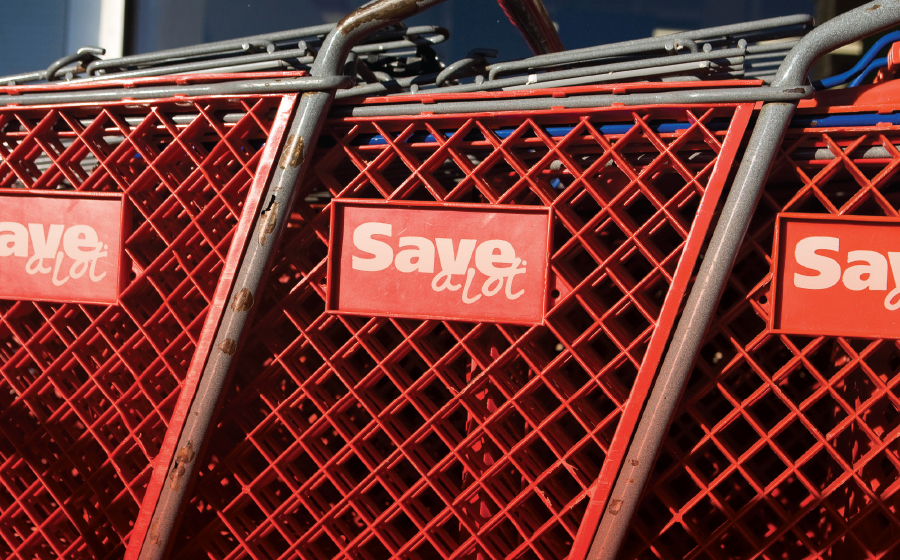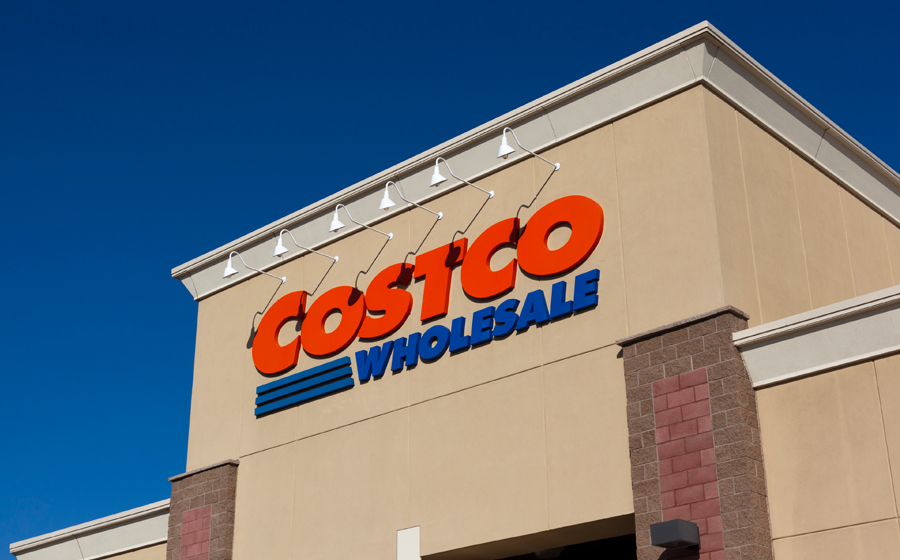Kroger’s Little Car Experiment
Every now and then news crosses my desk that seems so unlikely that I suspect it might be a hoax. Of course, that happens with alarming frequency when it comes to political news, but in this instance, I’m referencing business […]
Kroger’s Little Car Experiment Read More »
